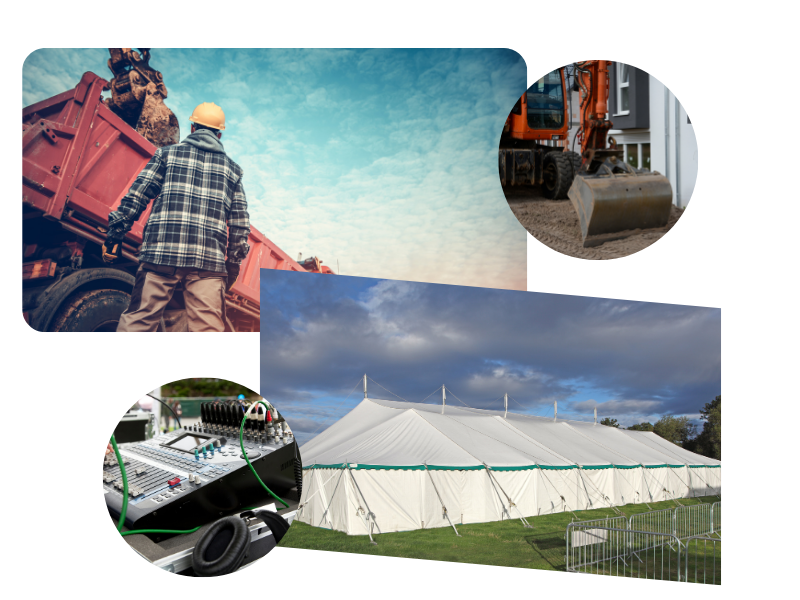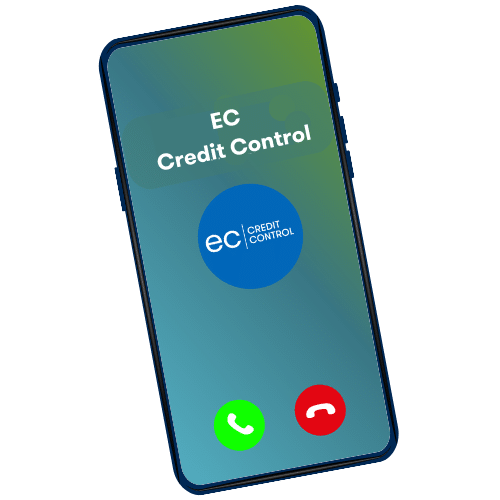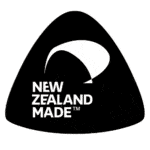
If you’re hiring out physical equipment, machinery or vehicles you’ll need to have a hire agreement in place, firstly to protect your assets and secondly to mitigate any risk.
There are two types of hire agreements, dry hire and wet hire.
To know what type of hire is right for your business, there are a couple of things to think about:
To put it simply, Wet Hire: Is equipment that is hired with an operator while Dry Hire refers to equipment that is hired without an operator.
There are advantages to Wet Hire if you want to avoid the risk of others operating your expensive equipment and machinery. A Wet Hire Agreement limits your liability as you are in control of your equipment.
Operators are employees of the owner: Clarifies that operators are employees of the owner.
Furthermore,
Owner is not liable if following hirer’s instructions: Clarifies that owners are not liable if the operator is following the hirer’s instructions.

A Dry Hire Agreement should set out what is included in your hire and detail your payment terms. In addition, there are other clauses that stipulate the liabilities under this agreement:
Risk passes to the hirer: Clarifies that whilst ownership of the equipment remains with the owner the hirer accepts risk and responsibility for the equipment..
The hirer will insure equipment: This means that it is the hirer’s responsibility to insure the equipment whilst it is in their possession.
Hirer accepts responsibility for use: Limits the owner’s liability for the way that the equipment is being used.
Ownership of the equipment remains with the owner: Clarifies that the equipment remains the property of the owner.
Owner may repossess equipment: In the event that equipment is not returned this gives the owner the right to enter the hirer’s property and retrieve the equipment, provided a valid PPSA registration is affected
The hirer may not arrange for repairs: If any repairs are to be undertaken to the equipment this is to be arranged by the owner.
Read about the benefits of Wet or Dry Hire Agreements here.
In addition to the clauses specific to your type of hire, and the standard payment terms, there are also other clauses and responsibilities to be included in your Hire Agreement that you should know about.
HIRE PERIOD
Is a timing device on equipment? If the equipment hired has a timing device (say a tractor) rather than an odometer then charges are calculated by the hours used in which case this option would be used.
Hire period from pickup of and return of equipment: This means that the hire period will be from the time the equipment is picked up or delivered to the time that it is dropped off or collected.
No allowance for equipment not in use: This means that in the event hire is charged by pick up and return times hirer is still charged even if the equipment is idle.
The following is a list of hirer’s responsibilities that will generally be included in all Hire Agreement terms. Most are self-explanatory from their titles but the following are clarified further;
Notify breakdowns
Operate equipment safely
Comply with health and safety laws
Equipment only to be used by Hirer
Hirer liable for costs of replacement
Hirer liable for costs of cleaning
Hirer responsible for consumables.
Suitable for use
Users to be suitable and licenses
Return equipment in good order
No alteration to equipment
Hirer liable for costs of repairs
Hirer liable for costs of vandalism.
Last, but not least:
The hirer shall not assign benefit: Stops hirer using the owner’s equipment as security for themselves.
Not convert to a chattel: Stops hirer fixing the equipment to land or property making it a chattel.


EXCELLENTTrustindex verifies that the original source of the review is Google. Colin at EC Credit Control provided us with clear and comprehensive terms of trade for our business. Their professionalism and attention to detail made the process smooth and stress-free. Highly recommend their services!"Trustindex verifies that the original source of the review is Google. Super stoked with EC Credit Control - They fulfilled all our requirements for our customers TOT's. They also offer a great PDF fillable account for which makes filling them out a whole lot easier. Shaun at EC was extremely good to deal with. Prompt quick turnaround service, highly recommend.Trustindex verifies that the original source of the review is Google. Shona at EC Credit Control was excellent. She gave me fantastic advice, and was great at communicating with me quickly. Highly recommend their services if you need someone to collect a debt for your business.Trustindex verifies that the original source of the review is Google. Fantastic professional service I highly recommendTrustindex verifies that the original source of the review is Google. Great company to deal withTrustindex verifies that the original source of the review is Google. Great team, great communication and great results. Thank you so much for your help!Trustindex verifies that the original source of the review is Google. We are fortunate to have Toni as our credit consultant. He is exceptionally professional, patient, and consistently takes the time to explain complex concepts in a clear and understandable way. His support has been invaluable to our team.Trustindex verifies that the original source of the review is Google. Great to work with, makes everything super clear and easy to implementVerified by TrustindexTrustindex verified badge is the Universal Symbol of Trust. Only the greatest companies can get the verified badge who has a review score above 4.5, based on customer reviews over the past 12 months. Read more
Our business is NZ owned.
EC Credit Control (NZ) Ltd
